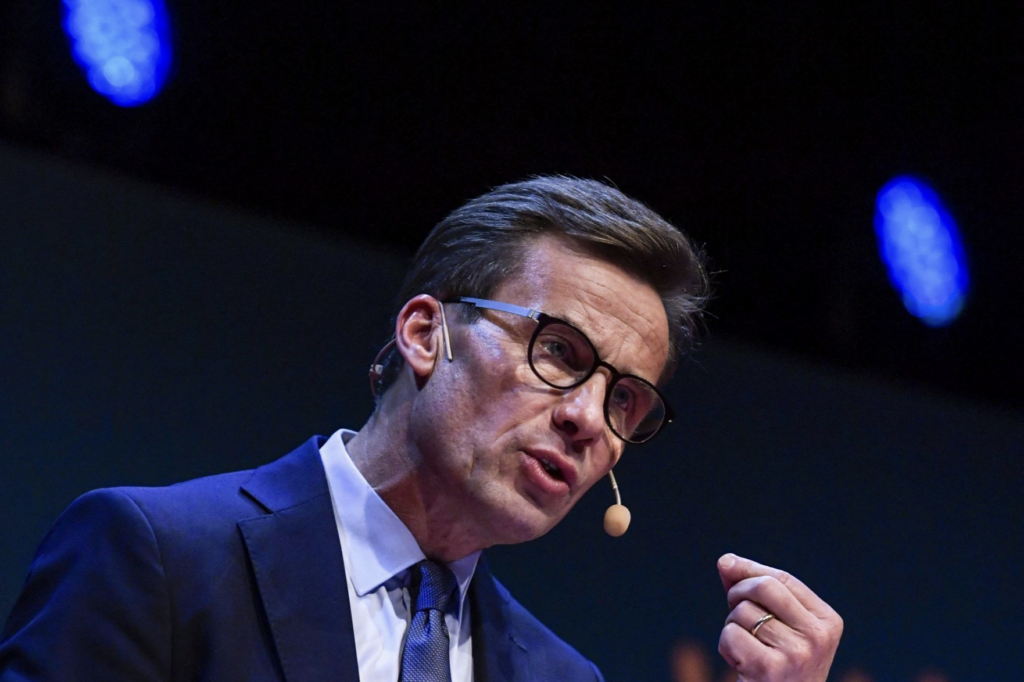After several days of counting votes, Sweden's political right has come out as the victors of its election on Sunday, winning 176 mandates against the Social Democrats 173.
"M (Moderaterne) and the other parties in my coalition have received the mandate for change that we asked for. I will now work to form a new government for all of Sweden and its citizens," Conservative party leader Ulf Kristersson wrote on Facebook.
Kristersson spoke of "frustration in Sweden's unity", with widespread concerns about crime, the economy, and that the country has become politically polarised.
"My message is that I will unite, not fracture... We will do our utmost to drive through the reforms needed to tackle the energy crisis, shootings, and integration issues."
The outgoing Prime Minister, Social Democrat Magdalena Andersson, acknowledged her defeat and tendered her resignation, effective Thursday.
Historic shift
Kristersson will become Sweden's next Prime Minister although his Conservative party is no longer the largest party in Sweden's right-wing coalition. The real victory goes to the far-right Sweden Democrats, which carried the coalition into power after winning 20.7% of the votes. The vote shows a clear urban and rural divide in Sweden.
Polling from 11 September showed that the right-wing coalition was strongest in Sweden's south. The left-wing coalition performed the best in the north and the largest cities.
For Sweden, it is a historic shift as a government has never before relied on the far-right Sweden Democrats to prop up its government. The party with Nazi roots has been a pariah in Swedish politics until now. Yet despite their success, the Sweden Democrats were not quite strong enough to claim the post of Prime Minister, with the other parties in the coalition (Moderaterne, Christian Democrats, Liberals) unhappy with the Sweden Democrats helping to form a government.
Some analysts believe that a likely scenario is that the Sweden Democrats will support the government without directly being a part of it. However, it is still unclear how much influence they will have on policy.
For the EU, the election results come just as Sweden is poised to take over the rotating presidency of the Council at the start of 2023, which makes it unclear what priorities the government will set and how it may influence the bloc.

